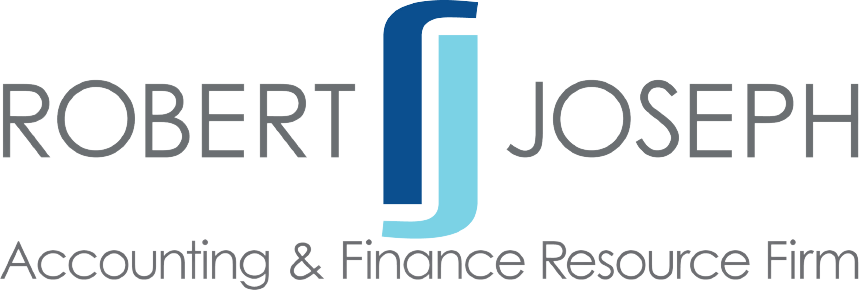Financial and Managerial Accounting — Defining the Difference
The accounting and financial industries are surprisingly diverse. For example, financial and managerial accounting are two different branches within the sector.
While there is some overlap in financial and management accounting (both use analytics and techniques such as ratio, vertical, and horizontal analysis), they have different objectives and audiences, affecting their focus and reporting methods. Both are important. They work together to create the information and reports needed for running a successful business.
Defining the Difference
Objectives
The objective of financial accounting is to communicate the overall financial health of an organization. The goal is vision and long-term growth.
The objective of managerial accounting is to provide the financial information required for setting and evaluating goals and making monetary decisions. (Such as purchasing new equipment or spending more marketing dollars.) The goal is short-term growth and problem-solving.
Audience
Financial reports target external, broader audiences, including the board of directors, shareholders, lenders, and creditors. In some instances, such as a publicly traded company, the reports are also public records.
Managerial accounting reports are for internal use. They target CEOs, managers, supervisors, and department heads.
Systems
Financial accounting primarily cares about the bottom line. It looks at the company as a whole. It doesn’t pay attention to the specific operations and various systems to achieve profit and manage the losses.
On the other hand, because of its objective of providing information for day-to-day decision-making, managerial accounting focuses on details, problem areas, and “bottlenecks.” Managerial accountants look at operations in addition to financial data, monitoring the efficiency of various systems and departments — all to enhance growth.
Reporting Focus
Financial accounting is a historical record. It discloses information in the past — usually over a set period. In addition, it often compares it to information spanning further in the past.
Managerial account reports are in real-time. Therefore, they focus on the present financial status and the potential future.
Standards
Because financial accounting is for external and public, the standards are high. Reports must be precise and proven accurate. They must follow GAAP, FASB, and IFRS guidelines and are formal, following a prescribed format. Penalties for infringement are severe.
However, since managerial accounting is internal, thus, it is not held to these legal guidelines. The format is far more casual, meeting the needs of whoever requested the report.
Frequency
Financial accounting provides reports stipulated by the organization, typically presented annually or quarterly.
Managerial accounting gives reports as needed.
Certifications
A financial accountant must become a Certified Public Accountant (CPA).
A managerial accountant must become a Certified Management Accountant (CMA).
Whether you are considering a new accounting career opportunity or need to build an accounting team, The Robert Joseph Group is your premier choice for help. We help build accounting teams of paramount talent and knowledge with the highest degrees of professionalism and expertise. Contact us today!
